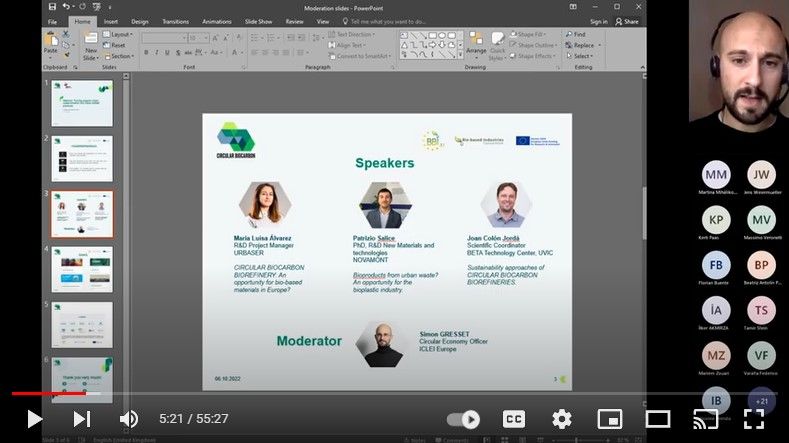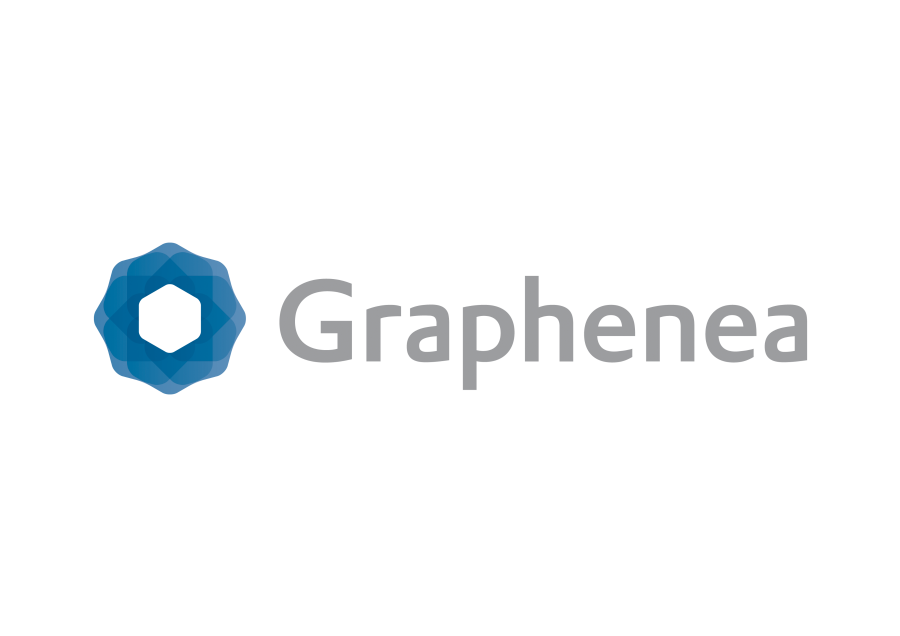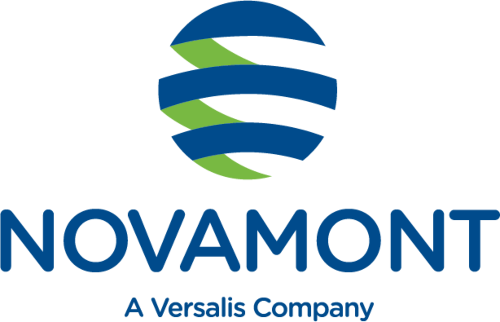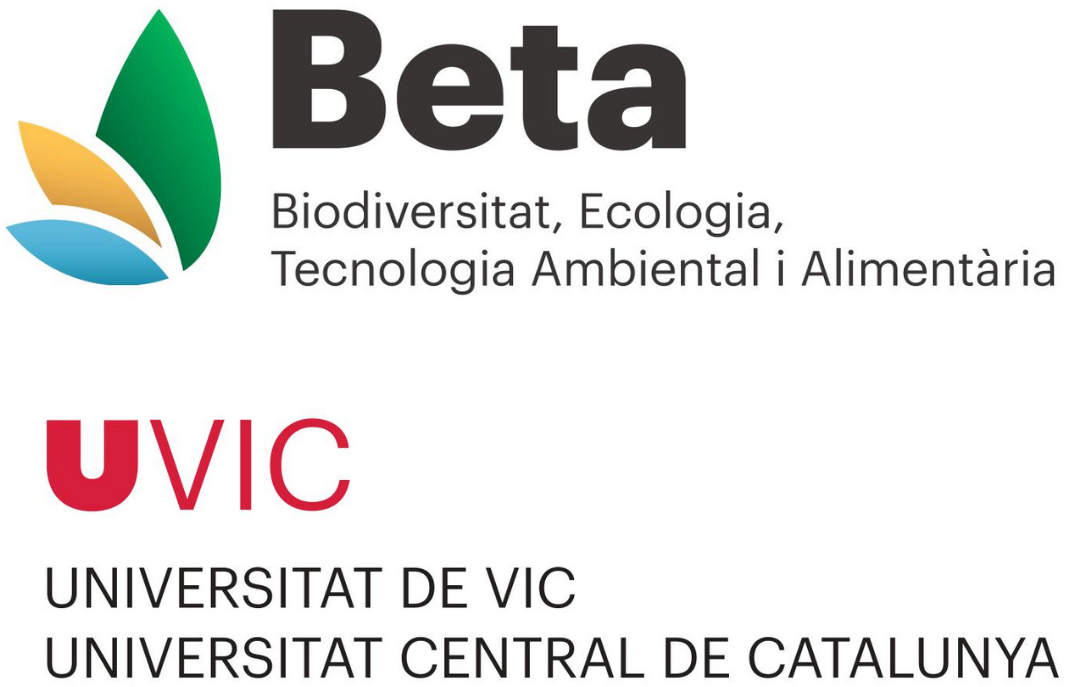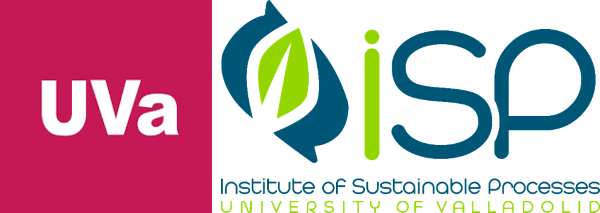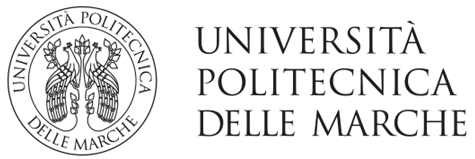News
Stay up to date with CIRCULAR BIOCARBON's latest news!
CIRCULAR BIOCARBON partners present biorefinery model at webinar
6 October 2022
Click here to watch the recording of the webinar
CIRCULAR BIOCARBON partners gathered at the webinar “Turning organic urban waste streams into value-added products” to introduce the innovative biorefinery model and explain the benefits of joint management of organic waste and wastewater and the recovery of materials. The event took place on 6 October as part of the programme of Circular Week 2022.
Moderated by Simon Gresset, Circular Economy Officer with ICLEI - Local Governments for Sustainability, speakers Maria Luísa Álvarez, R&D Project Manager at URBASER; Patrizio Salice, PhD R&D for New Materials and Technologies at Novamont; and Joan Colón Jordà, scientific coordinator of the BETA Technology Centre with the Universitat de Vic-Universitat Central de Catalunya (UVIC) introduced the CIRCULAR BIOCARBON approach on waste valorisation to an audience of 40 people, among city representatives, researches, scientists, and sustainability experts.
After the screening of the CIRCULAR BIOCARBON introductory video, Maria Luísa Álvarez, from the project’s coordination team, proceeded to introduce the biorefinery concept and its leverage for bio-based materials in Europe. The European Commission estimates there are 803 biorefineries in Europe, of which 507 produce bio-based chemicals, 363 liquid biofuels and 141 bio-based composites and fibres.
Maria Luisa highlighted some of the many advantages of biorefineries for local governments and industrial players: “For cities, biorefineries offer an alternative to integrated management of liquid and solid waste produced by civil activity and generate wealth and employment through environmental-friendly techniques; while for industries, they can become a valuable marketing opportunity for manufacturers, and will guarantee changes in the tissue making for new models and management policies, because they will support the transitions of several sectors like industry, agriculture and transport from fossil fuels construction to zero carbon emissions,” she added.
Representing the industrial partners of the consortium, Patrizio Salice addressed the use of bioproducts from urban waste in the bioplastics industry, exploring the value of Organic Fraction of Municipal Solid Waste (OFMSW) beyond obtaining compounds. “There is an even higher value in the OFMSW due to the presence of really pure carbon and that is to use the technology developed in the project to obtain new biomaterials with even higher added value, such as biodegradable and compostable bags for organic waste collection and biodegradable solid mulch films,” he explained.
Starting with an overview of the current status of bio-waste in Europe, Joan Colón explained the sustainability approaches of the CIRCULAR BIOCARBON biorefinery. Europe produces yearly 65 million tonnes of OFMSW, of which only a little bit more than half is treated correctly in composting or anaerobic digestion processes, leaving up to 65 kilogrammes per person per year sent to landfills or incineration. Regarding the other component of the CIRCULAR BIOCARBON approach, more than 10 million tonnes of Sewage Sludge are generated annually, which is mostly applied to agriculture.
Going beyond the recovery of compost or digestion, CIRCULAR BIOCARBON aims to implement technologies that can provide higher added-value products. The role of the BETA Technology Centre is to assess the sustainability of the technologies implemented, considering the consumption of resources, energy, chemicals and so on.
“We will do a holistic assessment including the environmental Life cycle Assessment and social and techno-economic assessments. In the end, we already know that it does not matter how good it is a technology or a product, if there is not a real business case behind it, it is not going to reach the market. So it is important to develop technologies with a strong business case behind”, he explained.
In the end, the audience had the chance to ask questions to the speakers and understand more about the project and the biorefinery.
Presentations:
Maria Luísa Álvarez, Project Manager at URBASER;
Patrizio Salice, PhD R&D for New Materials and Technologies at Novamont;
All news
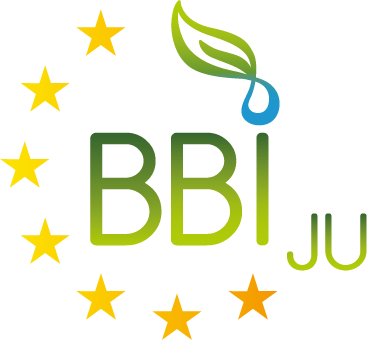


This project has received funding from the Bio-based Industries Joint Undertaking (JU) under the European Union’s Horizon 2020 research and innovation programme under grant agreement No. 101023280. The JU receives support from the European Union’s Horizon 2020 research and innovation programme and the Bio-based Industries Consortium.

